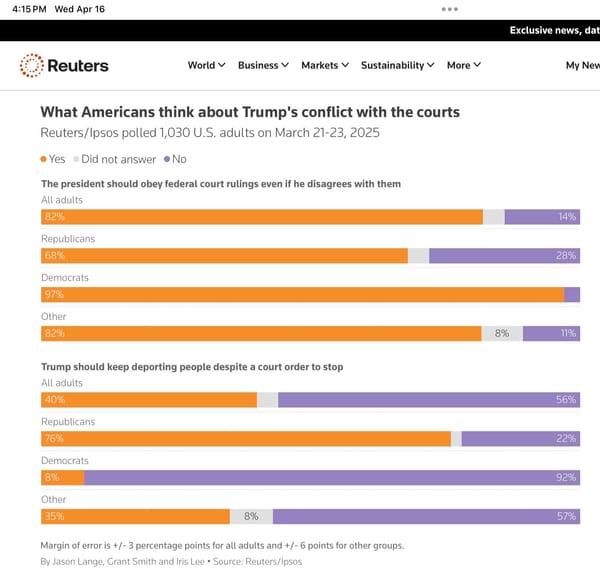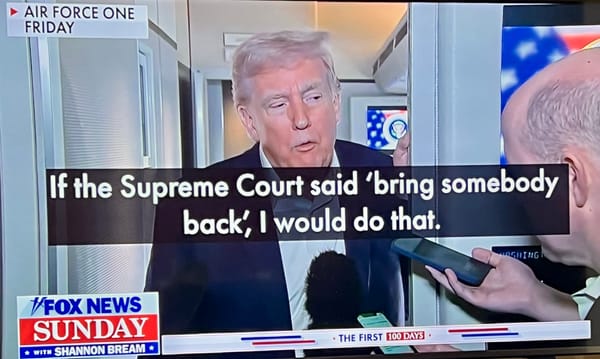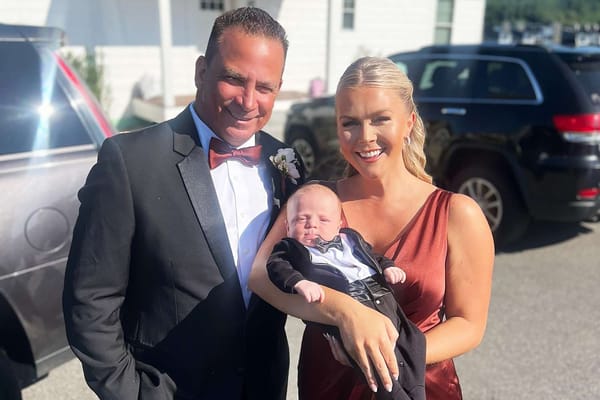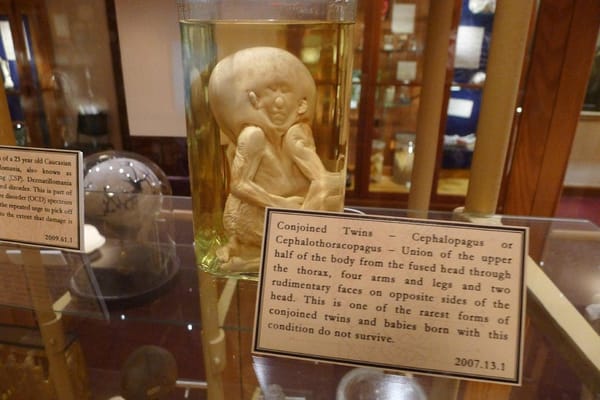Predictably, the soda tax failed to deliver
When the tax was enacted, it was projected to generate about $91 million a year. Can you say pipe dream?
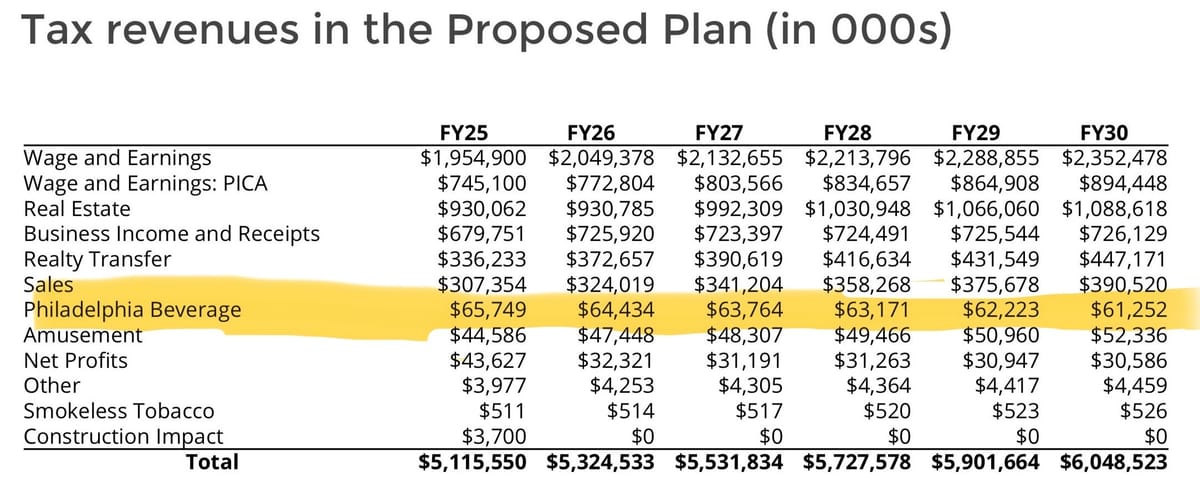
Life is often unpredictable, which makes it fun — or terrifying.
There are some things that you can plan for, other things are unknowable.
But when it comes to financial matters, and human nature, some things are entirely predictable. Such as this: When you raise the cost of an item, you will sell less of it. That is almost always true.
It was obvious to me even in 2017, shortly after the burdensome 1 ½ cent per ounce “soda tax”was imposed. Mayor Jim Kenney called it a “targeted tax on an industry that makes enormous profits on the backs of poor people.”
Call him Chairman Jim. Something wrong with profits? The mayor didn’t think so when it came to taxing profits, which are as American as apple pie, which poor people like, just as they like soda. The tax, that fell hardest on the poor people he cared so much for, is his major legacy.
I had predicted the tax would not deliver projected financial benefits, and the longer it goes on, the less it delivers. The revenues are on a down escalator. Jist common sense, really.
Philadelphia’s self-defeating “soda tax” was imposed to raise money for pre-K, parks, recreation and Rebuild, justified because sugar is bad for you. This money was for the children. Of course.
The tax on sugary beverages actually fell on about 4,000 items — including items like diet soda that contain no sugar.
Guess what?
Sales went down. And they keep going down.
Not for nothing, after the tax was imposed, the city controller reported that a sizable chunk went to the city’s general fund, which was contradictory to its stated goals. Can you say bait and switch?
When the tax was enacted, it was projected to generate about $91 million a year. Can you say pipe dream?
Mayor Cherelle Parker’s just-released five-year budget plan shows revenue from the tax going down, down, down. (See chart at top of story.) $65.7 million in fiscal year 2025, dropping to $61.2 million in fiscal year 2030. Why? Because the tax does to sales what a python does to a goat.
Don’t believe me? In 2020, University of Pennsylvania researchers found a 38.9% sales drop in the taxed beverages. Researchers called it a “win-win” — more revenue for the city and less soda being consumed.
Except the research did not prove less soda consumption. It proved less soda being bought in the city. It did not measure soda sales in the surrounding counties.
On the health front, an Inquirer headline last November claimed there were health benefits to the city, but the text of the story threw cold water on that claim.
To quote the story: “The study found ‘limited evidence’ that BMIs [Body Mass Indexes] and the prevalence of obesity decreased in the city three years after the implementation of the tax.”
So much for health benefits.
No health benefits, diminishing economic benefits.
The tax has failed to meet expectations by key measures.
A final word about Parker's budget: She proposed a $1 increase in parking meter hourly fees in Center City, from $3 to $4.
For the School District. For the children. Of course.
